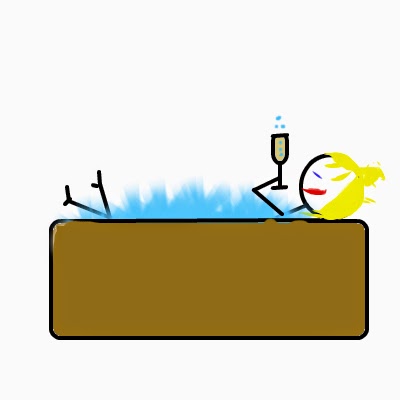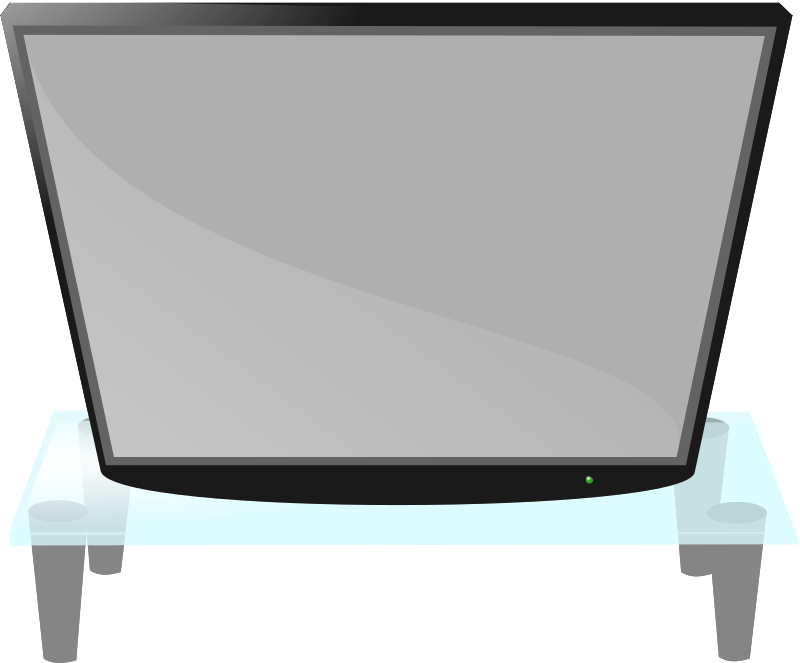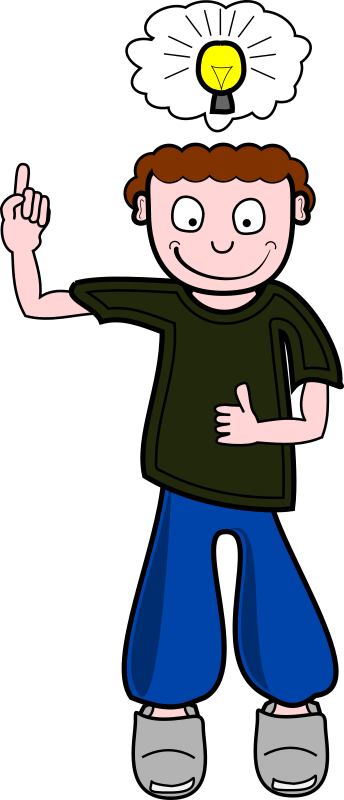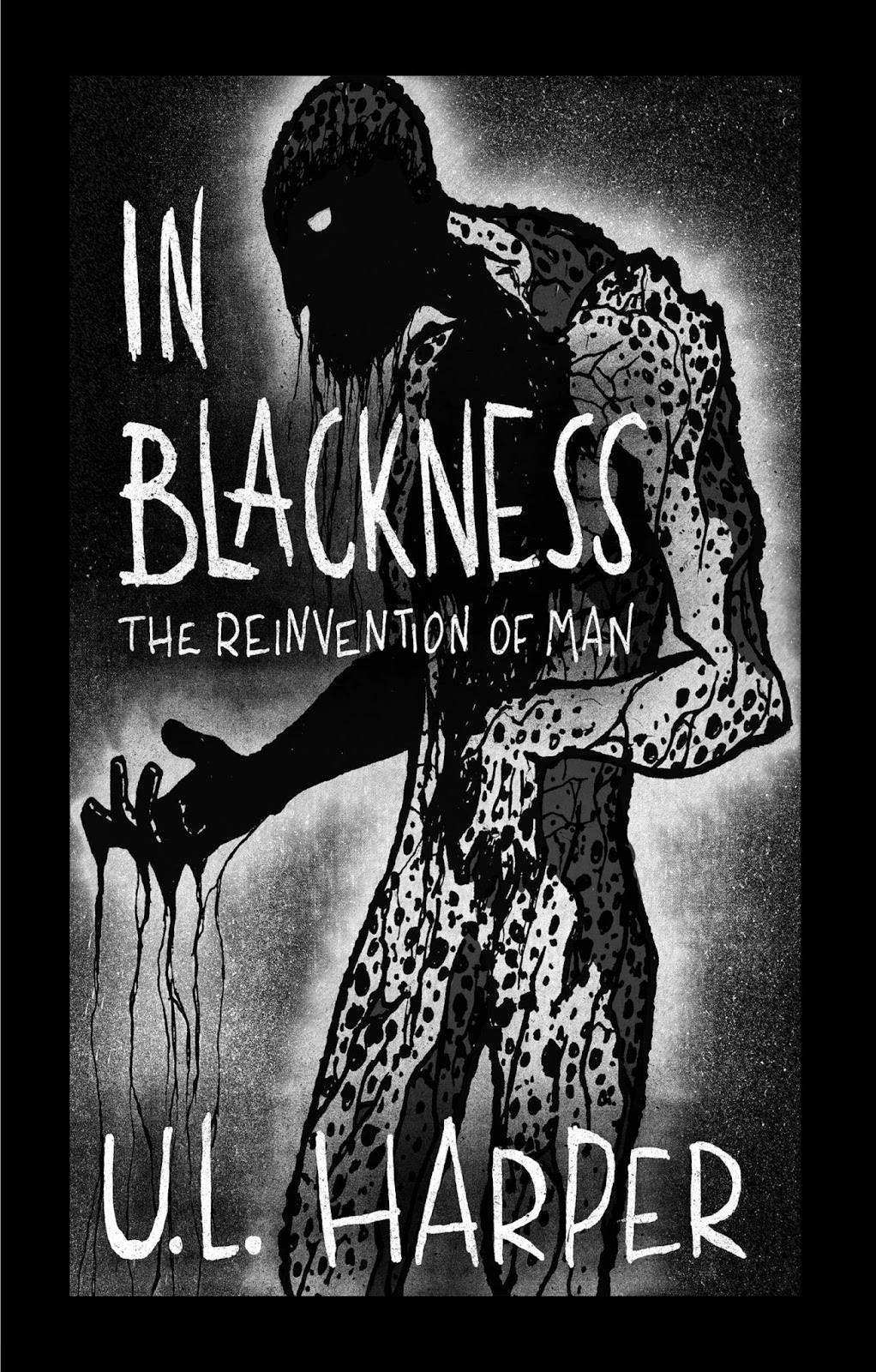Lenny sipped from a cup of coffee at his booth. The Best Little Road House, a diner in Salem, Oregon, was warm, dry and safe. Most of the tables were filled, with only a few waitresses helping serve everyone.
All these people eating and ordering food as if nothing was wrong. Like The Visit never happened. He couldn’t begin to forget, couldn’t shake the moment when dozens of people were beheaded and skinned right in front of him. Sometimes when he closed his eyes he’d helplessly replay the event in his head.
Because of the experience during the invasion four weeks ago, Lenny had been fueled by fear. The aliens that slaughtered so many had subsequently given him the mission of bringing people who had been given implants like him back to San Pedro.
His stomach muscles tightened. This happened for one specific reason—his implant affected him physically when another person with one was near. The other person didn’t necessarily know they had an implant. It took him his entire life to find out that he had one. He had followed the signal into the diner. Hopefully whomever he followed, they would become obvious.
At the beginning of his journey he wondered how long his trip to find subjects for the aliens would be. How far would he have to go? Realistically, his small amount of money would dictate the length of his travels. All of his savings from his pizza delivery job was spent on meals, motel rooms and gasoline.
A girl about eighteen, his age, exited the restroom. She had on hiking boots and an oversized backpack. Her partial dreadlocks fell over her shoulders. Heading his direction down the aisle, she stopped next to him and made eye contact before taking a seat at the booth next to his. Leaning forward, she wriggled her arms out of the backpack straps. The look she gave him made him self-conscious. Did he look as dirty as he felt? He didn’t normally grow a lot of facial hair but when he did let it grow, like he did now, it grew in patches of peach fuzz.
“Are you okay?” he said to her.
She showed him a weak smile. “Just need to sit. Looking for a ride.”
“To San Pedro?”
Her eyes lit up. “That’s a hell of a guess. How would you guess something like that?”
She was definitely the one. “Crazy you come sit right next to me. Go figure.”
“Yeah, go do that. You’re heading to San Pedro too?”
“About to split town.”
“Then I’m Celeste. I can get a lift, yeah? I travel light.”
“You just have that?” He nodded to her backpack.
She picked up the bag with one hand and then let it drop. "Jesus, a ride would be nice. Where are you from?"
“Washington, actually.”
“Where in Washington? I’m from there.” The pitch of her voice became high when she mentioned Washington. Her bad grooming led him to believe she had been traveling for a while.
Celeste moved across the aisle to his booth, leaving her backpack in the aisle. “You seem all right."
"I pass the murderer test?"
"I mean you seem all right." She leaned forward and whispered, “I haven’t eaten all day. Can I drink some of your water?”
“Have at it.”
She drank down half the glass. “So what part of Washington are you from?”
“Lowery, originally. Small little place, right…”
“I know Lowery. My dad was born there.”
“Lowery doesn’t have a hospital,” he said. “Nobody’s actually born there.”
“Delivered in the kitchen, I shit you not.” Although she seemed embarrassed by the fact, she chuckled.
“Well damn. I was there up until I was nine or something. Maybe ten.”
She finished off his glass of water. “I need to get there.”
“Need to? To San Pedro?”
“I guess need is a bit heavy but, yeah, whatever. I need to.”
“Did you hear what happened there during the invasion? You wouldn’t want to go there if you knew about it.”
“It didn’t only happen in San Pedro. Plenty of people suffered.”
“Did you lose anybody?” he said.
“Everybody.”
“A lot of people lost everybody.”
“I’m one of them,” she said. “You lose everybody too or is this your idea of small talk?”
“I’m just saying why San Pedro? I didn’t mean to be insensitive. Still, San Pedro?” She didn’t know she was going there to have a meet and greet with the aliens and probably be killed. He’d help her get there, nonetheless. It didn’t feel right but he had to do it.
“Why are you going?” she said.
“Family.”
She gazed at the ceiling and then looked around, avoiding eye contact. “Just a feeling I have. I can picture myself there. You know?”
He leaned back in his seat. If she knew him better she’d know that guilt had taken him by surprise.
“Let’s get you something to eat,” he said. “A sandwich?”
“You’re offering?”
“Only this time.”
“Ham and turkey. I’m vegetarian but fuck that I’m hungry.”
“I’m Lenny. Good to meet you, Celeste.”
“Thank God I met you, Lenny. Thank goodness for rides. Lucky.”
“I wouldn’t use that word luck too loosely.”
She unzipped the big pocket on her backpack, looked inside it and then zipped it back. Then she unzipped a smaller pocket, looked inside and closed it, too.
He knocked twice on the wood table. “You have gas money?”
“I thought you were already going there.”
“It’s still gas, right?”
A waitress stopped at their table and asked to take their order.
Moments later a turkey and ham sandwich with mustard and mayonnaise oozing from the sides of it was set on the table.
With her mouth full of sandwich, Celeste looked like a rodent storing nuts in her cheeks.
She spoke a garbled, “Thank you. Starving.”
This might have been what it was like feeding the homeless on skid row.
Once she finished her sandwich they prepared to leave.
Outside, his four-door hatchback waited for them in the wet parking lot.
Celeste tossed her backpack in the back seat as he started the engine.
“Here we go,” he said.
***
He hid his dread of being inside the motel room from Celeste. For the time being, he had a hard time in the dark, in enclosed places. He couldn’t keep his hands from shaking, thinking of his experience during The Visit. If he could make it all the way back to San Pedro without sleeping he would. Since that wasn’t the case they had stopped for rest. No way would he let her drive his car. She seemed cool but why trust her?
She drifted to sleep, leaving him alone on the end of the bed to stare at silent news clips on television. One of the clips enticed him to turn up the volume. In the clip, the alien ship slowly fell through high puffy clouds and blocked out the sun. Daunting in scope, the ship had spanned from San Pedro to Washington. The sight of it would be talked about for generations and then some. His biggest fear was right there on the screen.
“Have you seen that before?”
He hadn’t realized she was awake. “Oh, no. Never seen that. Don’t know why. I guess in the few weeks since it happened I haven’t stopped to really… Wow.” The television showed another visual similar to the one he had looked at seconds ago. This time the amateur video caught news helicopters flying far underneath the ship, really nowhere close to it. During the time the footage was taken, he and Saline were in Lowery, Washington, being captured and shipped to San Pedro. On the news is what the general public had seen. What the living public didn’t see were the aliens. Basically everyone who had seen them had been murdered in the slaughters.
Looking at the screen she said, “Does this feel like the end of the world to you?”
“I think it’s the start of something.”
“So it’s the beginning, not the end?”
“My thought is that nothing can go back to how it was. Not completely. I don’t think so.” Then he lied down, accepting the consequences of closing his eyes.
"You don’t think the worst happened?”
“I saw people getting their heads chopped off. We were in a room with people getting skinned. Just… Crazy like you don’t want to know or see.” He shook his head. “I don’t want to picture it.”
“I’ve never heard… How’d you get out? You escaped?”
“Just thinking about it screws me up.” He held his right hand out for her to observe its shaking.
“I’m sorry.”
It was nice showing someone how much of a basket case he had become. It felt like confession. All this despite the fact that she’d be dead soon.
Someone knocked on the door.
He dragged his feet over to it and stuck his eye to the peephole. A woman in her early to mid-forties was smiling at him. She waved, and then knocked again, in her jeans and black hooded sweater.
He unlatched the lock and cracked the door open.
The woman kicked the door into him, smashing him in the forehead so hard that he saw stars. He fell to the floor grabbing his face with both hands. The intruder slipped past him.
With his face to the dusty carpet he heard two gunshots and then the thud of what he thought was Celeste hitting the floor. He looked up at a handgun aimed at his skull. With the gun at his head, cowardice took over. “They made me do it.”
“Wha...” The woman gazed at him in disgust and slightly confused.
She still had the gun pointed at his head but he figured second thoughts about harming him had entered her mind.
He turned his head and got a glimpse of Celeste’s motionless ankles and legs. Breathing heavy, he turned his attention back to the gun aimed at him.
“Who made you do what?”
“The aliens. They made me get her.” He hoped on everything he loved that she respected the notion.
After some consideration the woman lifted her weapon and smacked him over the head with it. She hit him again with a fist to the cranium, and then kicked him in the stomach. Still catching his breath, he coughed as she ran out the door.
Curled in a ball and in tears he let the initial pain run its course. Attempting to push himself to his feet, he placed both hands on the floor, groaning.
The woman rushed back into the room. “We’re pulling that implant out of you.”
“Wait! Wait!”
She shut the door behind her. “Yell again and I kill you.”



















































